Dealing with credit card debt can feel like a never-ending fight. It’s even harder when you struggle to pay your bills. Many people make credit card payments, but their debt doesn’t go down. If you’re in this spot, you’re not alone. There are ways to help you take control of your money.
One choice is bankruptcy for credit cards. This is a secret you probably didn’t learn in school. In this article, we’ll talk about what bankruptcy for credit cards means and how it can help you get rid of your credit card debt and start over.
How Does Bankruptcy Help With Credit Card Debt?
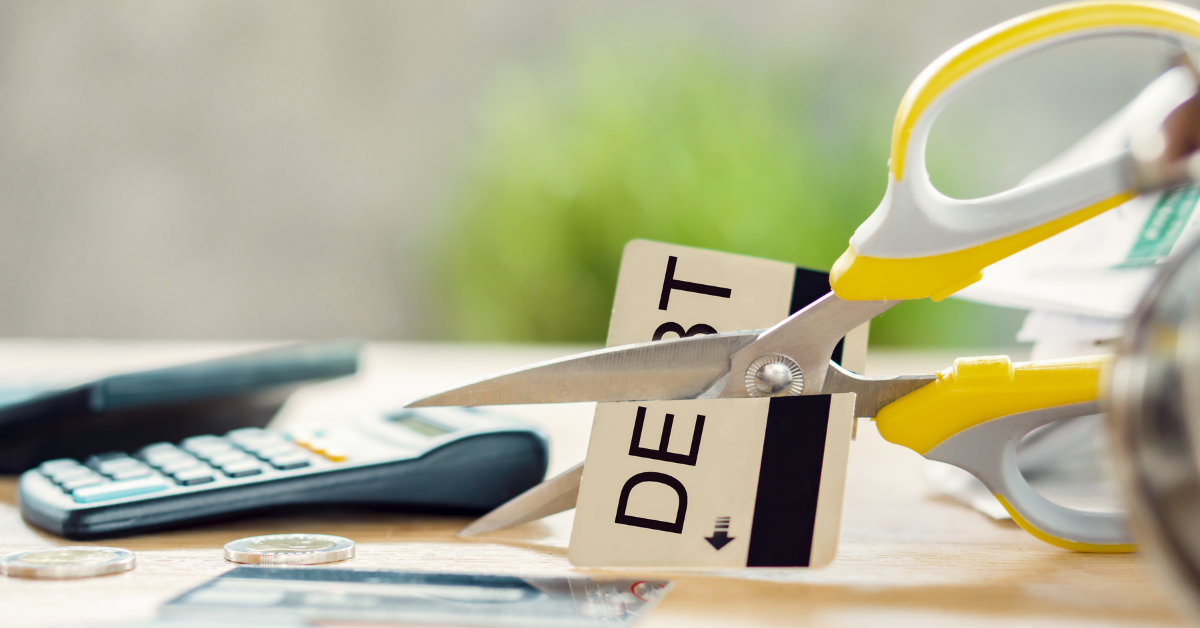
Bankruptcy for credit card bills is when you file bankruptcy to erase or change your credit card debt. You can do this with Chapter 7 bankruptcy or Chapter 13 bankruptcy. The best choice depends on your money situation and the kind of debt you have.
Chapter 7 Bankruptcy and Credit Card Debt
Chapter 7 bankruptcy is also called liquidation bankruptcy. It helps people with lots of unsecured debt, like credit card debt, medical bills, and personal loans. In Chapter 7, a bankruptcy trustee sells some of your things. They use the money to pay the people you owe money to.
Usually, credit card debt is unsecured debt. This means it’s not connected to something you own. So, it can be wiped out in Chapter 7 bankruptcy.
To be eligible for Chapter 7, you must pass the means test. This test compares your income to the average income in your state. It also looks at how much money you have left after you pay for necessary living costs. If you pass the means test, you may be able to get rid of your credit card debt through Chapter 7 bankruptcy.
But remember, filing for Chapter 7 stays on your credit report for ten years. This might make it harder for you to get credit later on.
Chapter 13 Bankruptcy and Credit Card Debt
Chapter 13 bankruptcy, also called a wage earner’s plan, helps people with regular income who want to change their debt and pay it back over three to five years. In Chapter 13, you’ll make a plan to show how you’ll pay back the people you owe money to, like credit card companies.
Credit card debt is still unsecured debt in Chapter 13. But you might need to pay back part of it in your repayment plan.
To be eligible for Chapter 13, you must have a regular income. Also, your secured debt and unsecured debt can’t be too high. If you finish your repayment plan, any credit card debt left might be wiped out.
Like Chapter 7, Chapter 13 bankruptcy stays on your credit report for ten years.
The Benefits of Bankruptcy for Credit Card Debt

Filing bankruptcy can help with credit card debt in several ways. Some of these ways include:
Getting rid of credit card debt: Both Chapter 7 and Chapter 13 bankruptcy can help you remove or lower your credit card debt. This lets you start fresh with your money.
Automatic stay: When you file bankruptcy, an automatic stay stops collections for a while. This includes calls from credit card companies and debt collection lawsuits.
Better money habits: Bankruptcy makes you take credit counseling and debtor education courses. These courses can help you learn better money habits and avoid debt problems later.
Pro Tip: Don’t be shocked if a credit card company calls to offer you new credit deals after your discharge.
Bankruptcy can be helpful with credit card debt, but it’s important to think about how it affects your credit. Look at all your choices before deciding to file. Talking to a bankruptcy attorney who knows a lot can help you see if bankruptcy is the best choice for you.
Picking the Best Bankruptcy Option to Eliminate Credit Card Debt
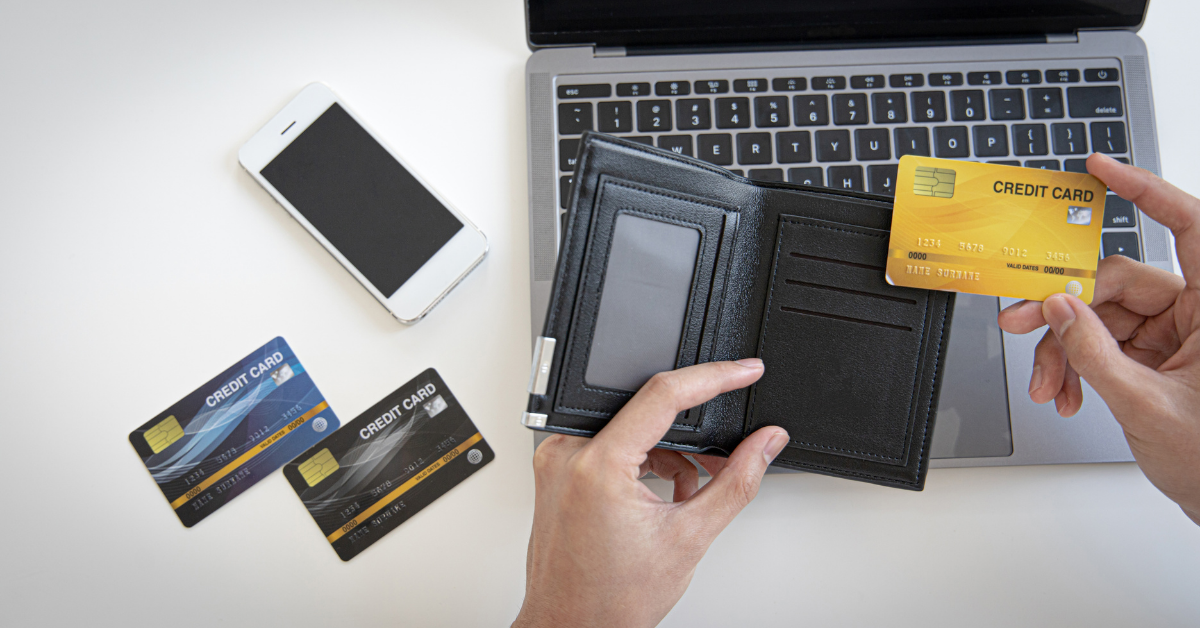
Choosing between Chapter 7 and Chapter 13 bankruptcy can be tough. Here are some things to think about when picking the best choice for you:
Look at Your Money Situation
Check your money situation, like your income, bills, things you own, and debts.
This helps you figure out if you can use Chapter 7 or Chapter 13 bankruptcy. It also shows which one is better for your situation.
Think About How It Affects Your Credit Report
Both Chapter 7 and Chapter 13 bankruptcies stay on your credit report for ten years. But, the impact on your credit score might be different depending on the bankruptcy type.
Usually, Chapter 7 bankruptcy hurts your credit score more at first. But your score might bounce back faster than with Chapter 13.
Check the Kinds of Debt You Have
Some debts, like child support, alimony, and certain taxes, can’t be wiped out in bankruptcy.
If a lot of your debt is like this, bankruptcy might not be the best answer. Look into other ways to get debt relief.
Talk to a Bankruptcy Lawyer
A good bankruptcy lawyer can help you look at your money situation and guide you through bankruptcy.
They can give helpful advice on the best bankruptcy choice for your specific case. They can also help you with the tricky legal system.
Rebuilding Your Credit After Bankruptcy
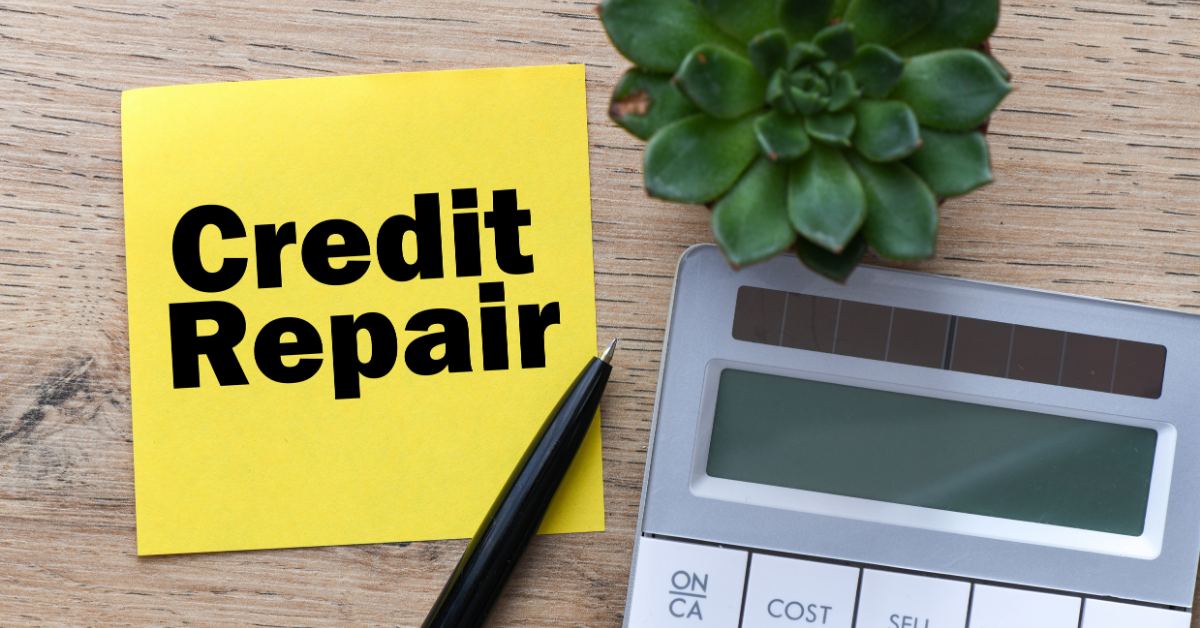
Filing for bankruptcy can give you a fresh start, but you need to work on fixing your credit after that. Here are some tips to help you make your credit score better after bankruptcy:
Check Your Credit Report
Look at your credit report often. Make sure all debts that were wiped out show correctly. Also, check for mistakes that could hurt your credit score.
Make a Budget and Follow It
A budget can help you control your money better and stop future debt problems. Be sure to pay for important things first, like housing, utilities, and food. Set aside money for saving and emergencies too.
Pay Bills on Time
A big part of fixing your credit is paying your remaining debts and bills on time every month. This shows potential lenders that you can handle your debts responsibly.
Get Secured Credit Cards or Loans
Secured credit cards or loans can help you fix your credit by giving you a chance to show a good payment history. These credit options need a deposit or something you own, which lowers the risk for the lender and makes it easier for you to get credit.
Mix Up Your Credit Types
Having different types of credit, like credit cards, loans, and mortgages, can help your credit score. As you fix your credit, think about having different types of credit to show you can handle various debts well.
Bankruptcy as a Financial Tool
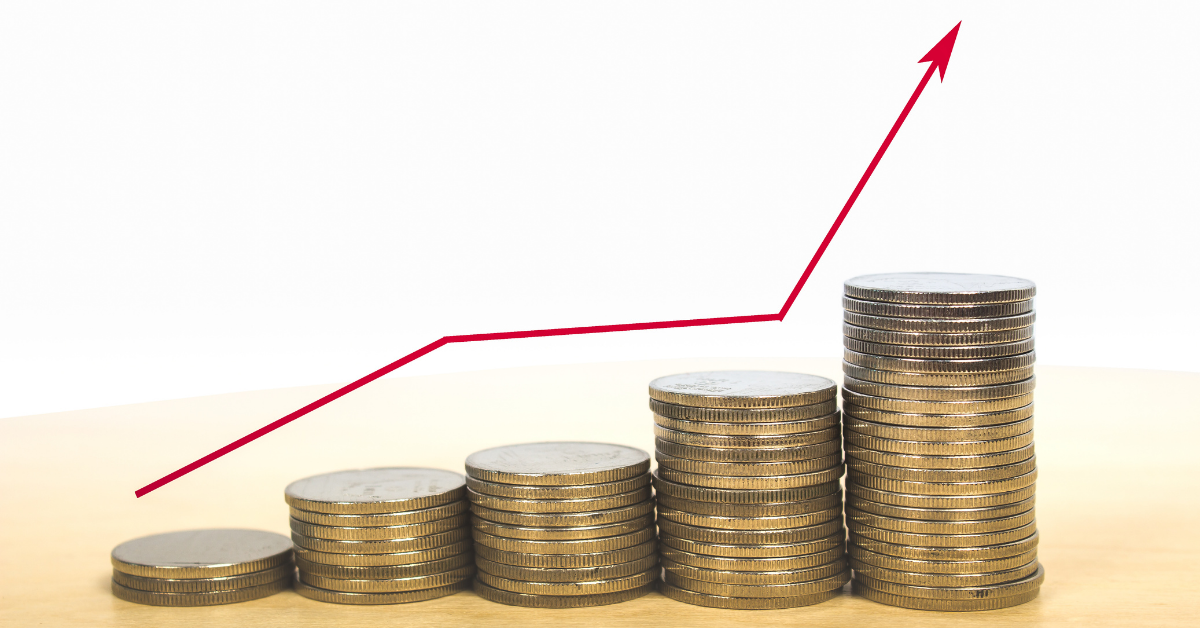
Bankruptcy is often seen as a last choice, but it can be a strong money tool for people with lots of credit card debt. By getting rid of or changing your debt, you can take control of your money and plan for a better future. Remember, bankruptcy isn’t the end. With the right plan, you can fix your credit and have stable finances.
Understanding the Role of Credit Counseling in Bankruptcy
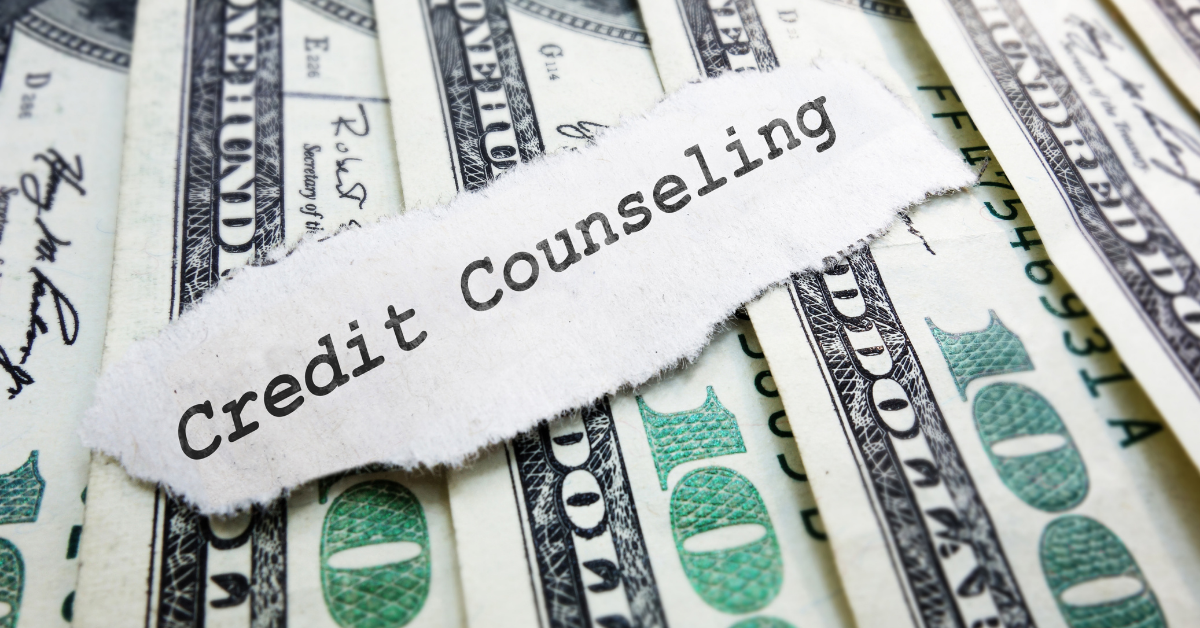
Before you file for bankruptcy, you need to finish a credit counseling course from an approved place. The goal of this course is to help you understand your money situation, look at other choices besides bankruptcy, and learn how bankruptcy works. Here are some important things to know about credit counseling:
Credit Counseling Requirements
You must complete a credit counseling course within 180 days before filing for bankruptcy. The course typically takes about 60 to 90 minutes to complete and can be done online, over the phone, or in person. There is a fee for the course, but fee waivers may be available for those who qualify based on income. A credit counselor may also be a good option for getting help and advice for post-bankruptcy credit help.
The Role of Credit Counseling in Your Bankruptcy Case
The credit counseling course is designed to help you make an informed decision about whether bankruptcy is the right choice for you.
During the course, you will review your financial situation, create a budget, and explore alternatives to bankruptcy, such as debt management plans or debt settlement. You will also learn about the different types of bankruptcy and the consequences of filing.
Upon completion of the course, you will receive a certificate of completion, which must be submitted to the bankruptcy court along with your bankruptcy petition. Failure to complete the credit counseling requirement may result in your bankruptcy case being dismissed.
Strategies for Eliminating Credit Card Debt

While bankruptcy can be an effective solution for dealing with credit card debt, it’s essential to explore other strategies for eliminating your debt and improving your financial situation. Here are some alternative methods for tackling credit card debt:
Debt Snowball Method
The debt snowball method involves focusing on paying off your smallest credit card balance first while making minimum payments on your other credit cards. Once the smallest balance is paid off, you move on to the next smallest balance, and so on. This method can help you build momentum and motivation as you see your credit card balances decrease.
Debt Avalanche Method
The debt avalanche method prioritizes paying off credit card debt with the highest interest rate first, while making minimum payments on your other credit cards. By targeting the debt with the highest interest rate, you can save money on interest and pay off your debt more quickly.
Balance Transfers
A balance transfer involves transferring your credit card balances to a new credit card with a lower interest rate, often with a promotional period of 0% interest. This can help you save money on interest and pay off your debt more quickly. However, it’s essential to be mindful of balance transfer fees and the expiration of the promotional interest rate.
Personal Loans
Taking out a personal loan to consolidate your credit card debt can help you secure a lower interest rate and simplify your monthly payments. By paying off your credit cards with a personal loan, you can focus on repaying the loan at a lower interest rate, potentially saving you money and helping you pay off your debt more quickly.
No matter the strategy you choose, it’s essential to remain committed to paying off your credit card debt and improving your financial situation. Bankruptcy can be a helpful tool, but it’s crucial to explore all of your options and seek professional guidance to determine the best course of action for your unique circumstances.
How Bankruptcy Can Help with Medical Bills and Other Unsecured Debts
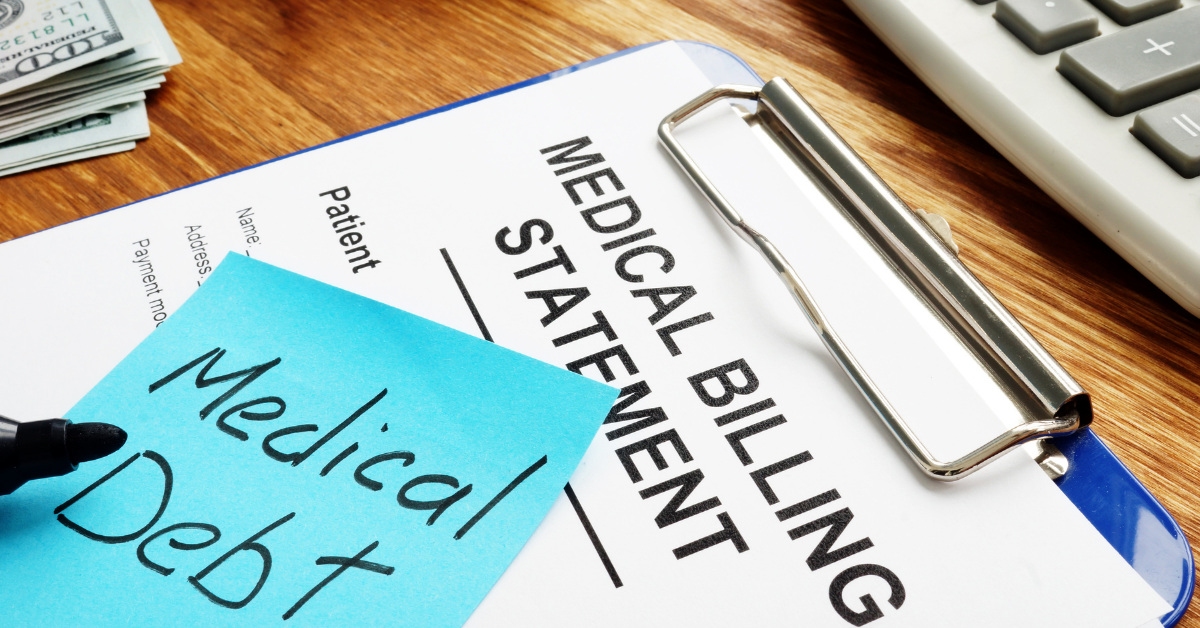
In addition to credit card debt, many individuals struggling with debt may also have medical bills and other unsecured debts that can be overwhelming. Bankruptcy can help address these debts and provide relief to those facing financial hardship.
Medical Bills in Bankruptcy
Medical bills are considered unsecured debts, similar to credit card debts. This means that they can be discharged in a Chapter 7 bankruptcy, providing relief to those burdened by high medical expenses. In a Chapter 13 bankruptcy, medical bills can be included in the repayment plan, potentially allowing for a reduced payment or even a discharge of the remaining balance at the end of the plan.
Other Unsecured Debts in Bankruptcy
Other unsecured debts, such as personal loans, utility bills, and certain back taxes, can also be addressed through bankruptcy. In a Chapter 7 bankruptcy, most unsecured debts can be discharged, providing a fresh financial start for the debtor. In a Chapter 13 bankruptcy, these debts can be included in the repayment plan and potentially reduced or discharged at the end of the plan.
By addressing credit card debt, medical bills, and other unsecured debts through bankruptcy, individuals can regain control of their financial situation and work towards a brighter financial future. Consulting with an experienced bankruptcy attorney can help you determine the best course of action for your unique circumstances and guide you through the bankruptcy process.
Frequently Asked Questions About Credit Cards and Bankruptcy
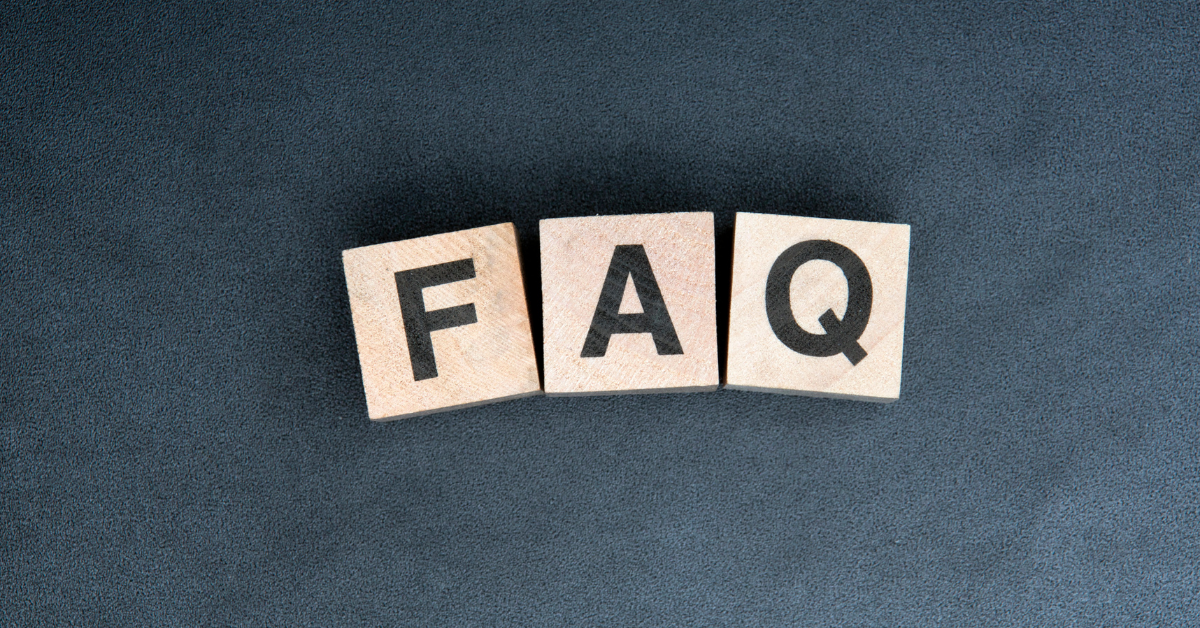
We understand that you may have some questions about bankruptcy for credit cards and how it can help you regain control of your financial life. In this section, we have answered some of the most common questions that individuals have about this topic.
Can bankruptcy eliminate all of my credit card debt?
In most cases, filing for bankruptcy can help eliminate your credit card debt. Chapter 7 bankruptcy can discharge your unsecured debts, including credit card debt, while Chapter 13 bankruptcy can include credit card debt in your repayment plan. However, it’s essential to consult with a bankruptcy attorney to understand your specific situation and the best course of action for you.
Will filing for bankruptcy ruin my credit forever?
No, filing for bankruptcy will not ruin your credit forever. While it’s true that a bankruptcy filing will remain on your credit report for up to 10 years, you can start rebuilding your credit immediately after your bankruptcy is discharged. Once you get your credit card debt discharged, it is essential to follow these credit-rebuilding strategies to avoid falling into the same credit traps that put you in a bad situation in the first place. By following the credit-rebuilding strategies mentioned earlier in this blog, you can improve your credit score over time.
Can I keep my home and car if I file for bankruptcy?
In many cases, you can keep your home and car when you file for bankruptcy, depending on the type of bankruptcy you choose and your specific situation. Florida has specific exemptions that protect certain assets, like your primary residence and a limited amount of vehicle equity. Consult with a bankruptcy attorney to understand how these exemptions apply to your case.
How long does the bankruptcy process take?
The duration of the bankruptcy process depends on the type of bankruptcy you file. In Chapter 7, filing bankruptcy typically takes four to six months to complete, while a Chapter 13 bankruptcy repayment plan lasts three to five years.
How much does it cost to file for bankruptcy?
Filing fees for Chapter 7 bankruptcy are currently $338, and additional fees may apply for credit counseling and debtor education courses. Chapter 13 bankruptcy filing fees are $313. It’s essential to consult with a bankruptcy attorney to understand the total cost of filing for bankruptcy in your specific situation.
Can I file for bankruptcy without an attorney?
While it’s possible to file bankruptcy without an attorney, it’s not recommended. Bankruptcy law is complex, and having an experienced attorney on your side can help you navigate the process more effectively and achieve the best possible outcome for your case.
Contact Us to Learn More About Bankruptcy for Credit Card Debt!
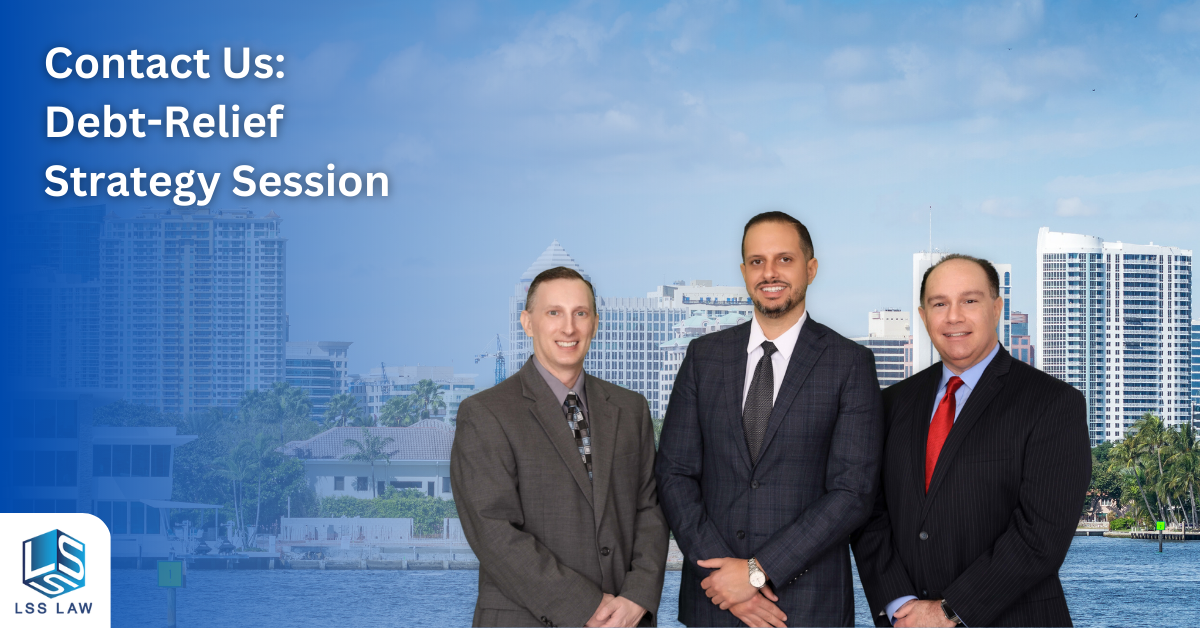
If you’re struggling with credit card debt and considering bankruptcy as a solution, we’re here to help. Our experienced bankruptcy attorneys at LSS Law can guide you through the process and help you determine the best course of action for your situation. Contact us today to schedule a free consultation for personal bankruptcies (Chapters 7 and 13) at our Fort Lauderdale or Miami locations.
You can reach us at 954-466-0541 or by visiting our contact page. Don’t let credit card debt hold you back – take the first step towards a brighter financial future today.






